Disguise a decaying cedar stump
Hello, I have a huge decaying cedar stump right next to our woodland fire pit area. Most of the remaining stump is squishy, almost sponge-like deep red wood. The area needs planting, but I would like to know if there are any specific plants (besides native huckleberry- we have plenty) that grow well in this type of soil. I would like to disguise the stump as it is very low to the ground, unattractive and huge. Any advice is appreciated!

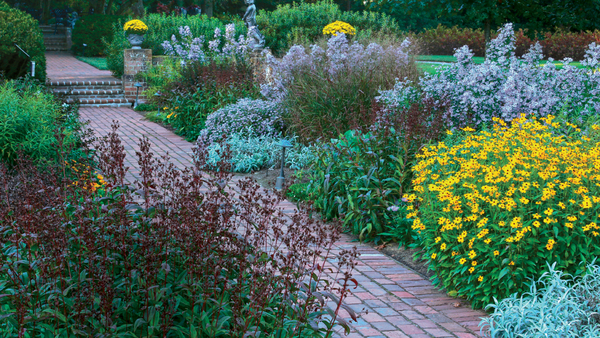

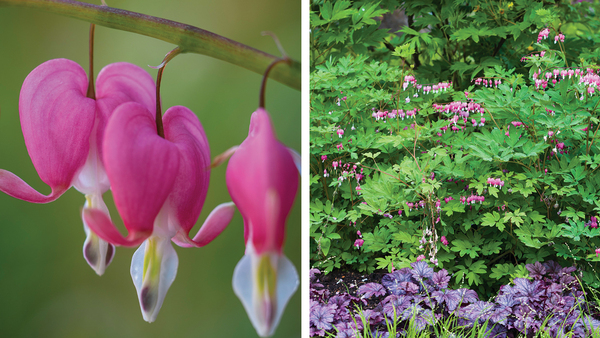


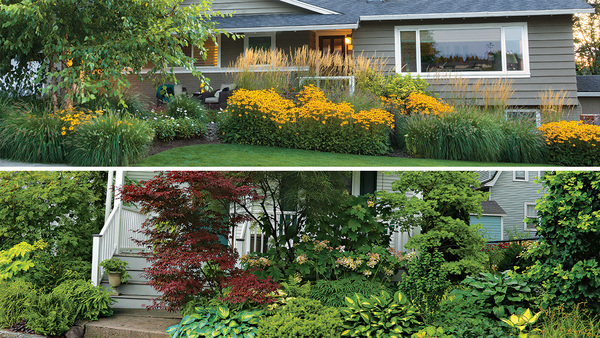

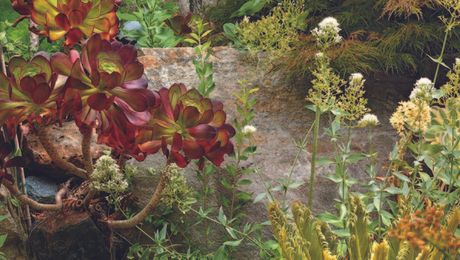
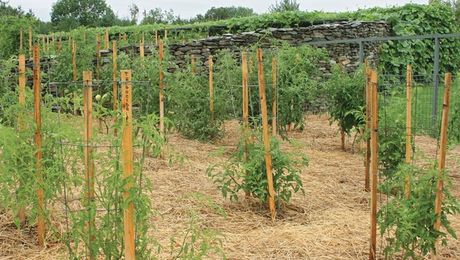



Replies
The cedar stumps were mostly gone when I started removing the softened wood. Have you tried removing the squishy wood? Two stumps from trees that we had cut had rotted centers that I filled with soil and treated as large pots. Most of my older stumps are covered in salal.
That's a great idea! We have a ton of the squishy stuff..the stump must have been well over 6ft wide in its glory days! I was hoping to not have to remove it, the task seems daunting, but probably worth it. Would the squishy rotting cedar chunks benefit or harm my compost pile?
I have many places that I can use it as a coarse mulch. I try to spread it in patterns or hide it under shrubs. It is a less manicured look than many people are comfortable with. I don't put large pieces in my compost area because I want it to decompose faster.
Stumps can be very challenging. If it is decaying to that degree it can be taken apart pretty easily and used as mulch in a bed with acid-loving plants. Because it is already decomposing it will act as a weed deterrent and look natural. If you could run it through a chipper it will make a beautiful mulch. If it is in the shade think about ferns in and around it. You can make planting pockets with soil and add the fern in. If it is in a sunny space, native Bear Grass (Xerophyllum tenax) , creeping Honeysuckle (Lonicera crassifolia), or Mount Vernon english laurel, Ground covering laurel.